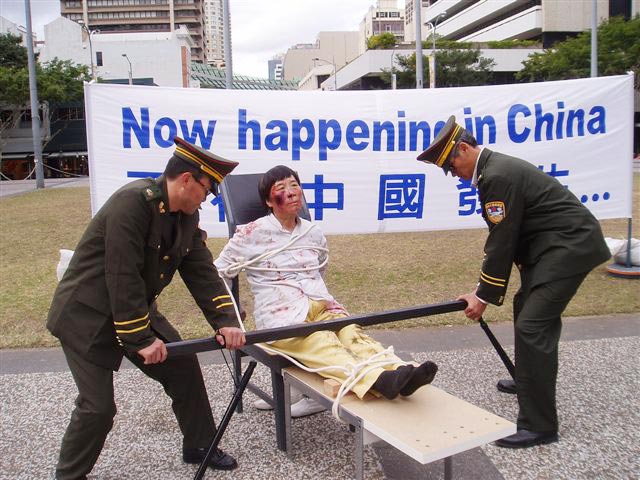The Supreme Court Friday threw out a suit filed by the Lagos State challenging the legality of some of the provisions of the Value Added Tax Act which empowered the federal government to collect consumption taxes in states of the federation.
The apex court declined jurisdiction over the suit and upheld the objection filed by the federal government.
The Attorney General of Lagos, Ade Ipaye had in the suit, sought a declaration that the VAT Act is unconstitutional to the extent that it provides for the imposition and collection of taxes on goods and services in Lagos and other states, areas outside the legislative competence of the National Assembly.
It prayed for a perpetual injunction restraining the federal government, by itself, its servants or any of its agencies from continuing to give effect to the provisions of the VAT Act to impose and collect taxes on goods within Lagos State.
The suit had the Attorney General of the Federation (AGF) as the first defendant and the Attorneys General of the other 35 states as co-defendants,
The apex court, in a judgment yesterday, held that the reliefs claimed by Lagos State did not fall within the provision of Section 232(1) of the Constitution, to enable the court exercise its original jurisdiction.
Justice Mahmud Mohammed, in the lead judgment, upheld the objection by the AGF and held that, since the reliefs sought in the suit were not against the Federation of Nigeria or any state or states of the federation as constituent units of the federation, the suit was not qualified to ignite its original jurisdiction to hear.
The court also held that the suit was an abuse of court process because there were similar cases existing on the same subjected matter in both the trial and lower courts.
It noted that the Court of Appeal decided one of such cases on July 13, 2007 but which decision the plaintiff failed to appeal, but instead, chose to initiate this fresh suit before it (Supreme Court) in 2008 exactly one year after the Court of Appeal judgment.
It then struck out the suit for lack of jurisdiction.
“It is quite clear that for this court to exercise its original jurisdiction under that section - Section 232(1) – the plaintiff’s action against the 1st defendant (AGF), this court has to be satisfied that the dispute for the adjudication in the action is one between the plaintiff, Lagos State of Nigeria, as a constituent unit of the Federation of Nigeria and the Federation of Nigeria, also as a distinct unit under the Constitution.
“The words used in Section 232(1) of the Constitution, describing the parties are ‘the federation,’ ‘a state’ and ‘states.’ In other words, the dispute must be between the Federation and a state or between the federation and more than one state or between a state or states in their capacities as members of the federating units of the Federation of Nigeria.
“The section, in my view, is not expected to provide avenue for the resolution of disputes between the Federal Government of Nigeria and a state government of Nigeria or between a state government and another state government of Nigeria, all of which are only products of elections.
“Therefore, since the reliefs claimed by the plaintiff, particularly the injunctive relief is against the Federal Government of Nigeria, its servants and its agencies, the relief is not being against the Federation of Nigeria or any state or states of the federation as constituent units of the federation, is not within the purview of Section 232(1) of the 1999 Constitution to confer original jurisdiction on this court,” the court held.
In also upholding the second leg of the AGF’s objection, the court held the fact that there existed, and still exists in the trial and lower court, suits relating to issues raised in this suit, it amounted to an abuse of court process.
Justices John Afolabi Fabiyi, Sylvester Ngwuta, Mary Ukaego Peter-Odili, Musa Dattijo Mohammad, Kudirat Kekere-Ekun and John Inyang Okoro, who were on the panel that heard the case, agreed with the lead judgment.
Reacting to the judgment, the Attorney General of Lagos said since the apex court has said it lacked jurisdiction and struck the case out, his state would reassess the situation and take the necessary steps.















